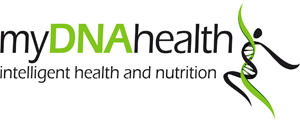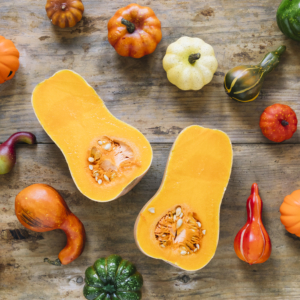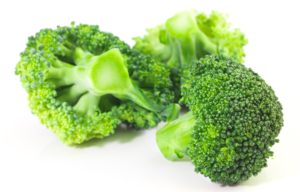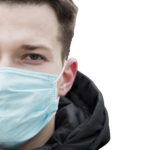Ways nutrition could help your immune system
The coronavirus presents many uncertainties, and none of us can completely eliminate our risk of getting COVID 19. But one thing we can do is to plan our meals to include powerful immune system boosters. Micronutrients essential to fight infection include vitamins A, B, C, and E, and the minerals selenium, and zinc.
Vitamin A
Vitamin A helps to power your eyesight, especially your night vision, and keeps your skin, gums, and teeth healthy. It also boosts your immune system and helps fight off viruses. The older you get, the more you seem to need of it. Betacarotene is a precursor to vitamin A (retinol) and is present in carrots, squash, pumpkin, spinach, broccoli, tomatoes, melons, peaches, apricots, and sweet potatoes. Tips for getting more vitamin C in your daily diet: Try adding crudités to lunches such as carrots or raw broccoli.
B vitamins
B vitamins, particularly B6, B9 and B12, contribute to your body’s first response once it has recognised a pathogen. B6 is found in legumes, green leafy vegetables, fruit, nuts, fish, chicken and meat. B9 (folate) is abundant in green leafy vegetables, legumes, nuts and seeds. B12 is found in animal products, including eggs, meat and dairy. Tips for getting more B vitamins in your daily diet: Snack on nuts, sprinkle seeds over porridge and salads and try eat leafy green veg daily.
Vitamin C
The role of vitamin C is to stop the chain reaction before it starts. It captures the free radical and neutralises it. Vitamin C helps to strengthen the immune system and fights infections. It makes collagen, keeping bones, skin, and joints firm and strong. Vitamin C is found in citrus foods, bell peppers, cabbage, spinach, broccoli, kale, watercress, tomatoes, melons, kiwi and strawberries. Tips for getting more vitamin C in your daily diet: Eat your veggies and fruits raw when you can. Cooking can strip away water-soluble vitamins like vitamin C.
Vitamin E
This powerful antioxidant protects your cells, helps them to communicate with one another, and defends your skin against UV damage. Vitamin E food sources include nuts, seeds, beans, fish oils, wheat germ, and sweet potatoes. Tips for getting more vitamin E in your daily diet: Snack on seeds like sunflower seeds, walnuts and almonds. Add more wild-caught fish to your diet. Salmon and rainbow trout both contain this vitamin.
Selenium and Zinc
Selenium is a protective mineral against free radicals and carcinogens while Zinc helps maintain the integrity of the skin and mucous membranes. Nuts especially Brazil nuts, meat, and mushrooms are good food sources of selenium. Zinc is found in oysters and other seafood, meat, chicken, dried beans and nuts.
Putting it all together
Focus on eating a variety of foods and colours to boost your intake of vitamins and minerals.




